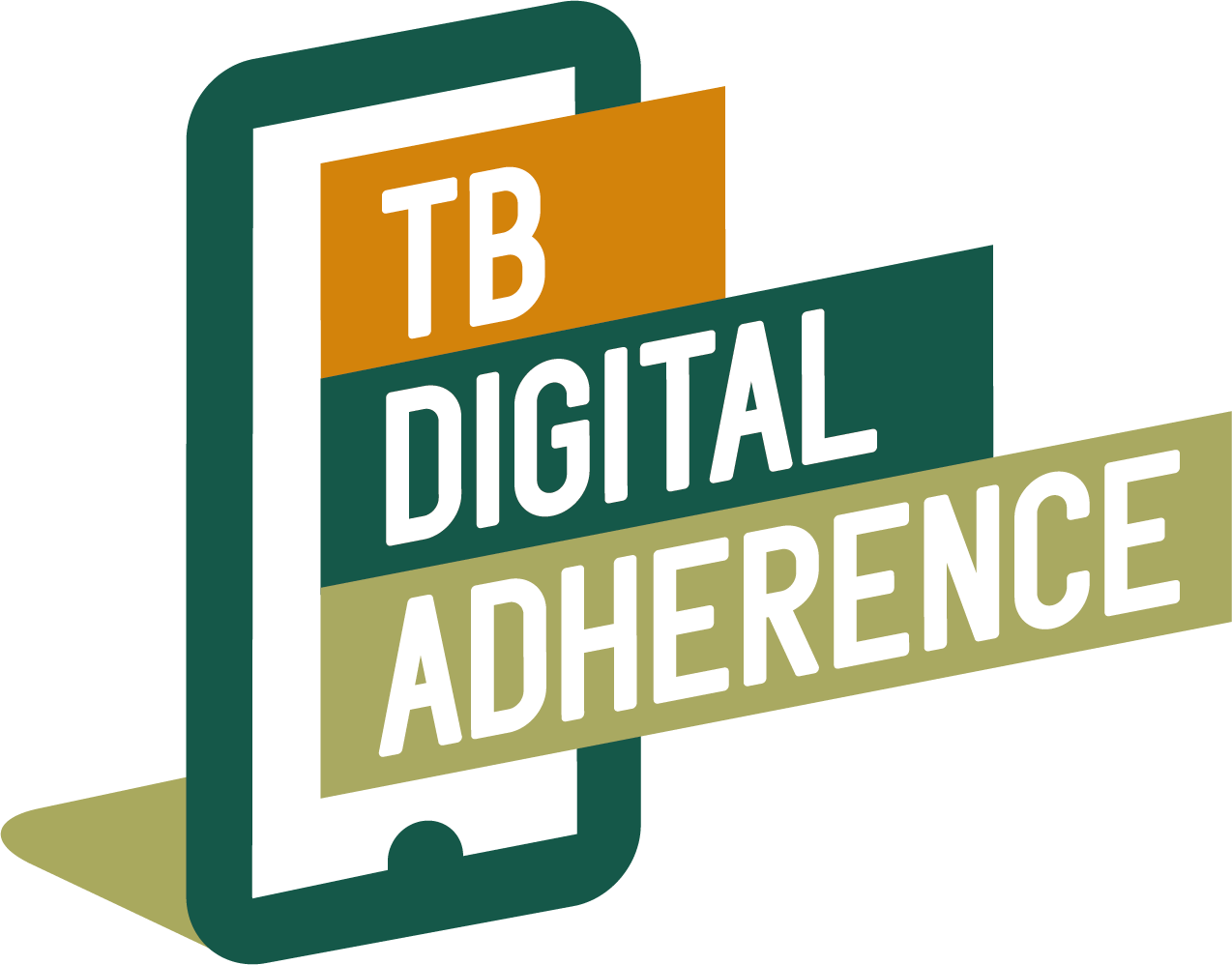Phase 1
Assess the Country Context
Digital adherence technologies in a TB treatment programme need to aim for a patient centered care model and, provide support for healthcare providers in treating people affected by TB.
The following areas need to be assessed before deciding on a DAT intervention:
- The target population (the person on TB treatment that will be supported by a DAT intervention).
- The technological infrastructure (including technology in the treatment facility as well as technology for the patient).
- The intervention support structure (healthcare providers supporting the DAT intervention).
Key Assessment Areas
Request Technical Assistance
Key Assessment Areas
The Target Population
(People treated for tuberculosis with the support of DATs)
Disease Type
What disease type will be treated with DATs?
Stigmatization Threat
Is there a risk for patients to be stigmatized when using DATs?
Technology Familiarity
To what extent are patients familiar with communication technologies?
Time Availability
How much time availability does the patient have to report adherence?
The Technological Infrastructure
(Treatment Facility & Patient)
Internet Access
Do treatment facilities and patients have access to the internet?
Communication Device
Do treatment facilities and patients have access to a cellphone?
Airtime and Cellphone Signal
Do treatment facilities & patients have access to airtime & cellphone signal?
Electricity Supply
Does the treatment facility and patient have access to a regular electricity supply?
The Intervention Support Structure
(Healthcare providers)
Time Availability
What is time availability to support DAT rollout?
Technology Familiarity
Is the healthcare provider familiar with technological interventions?
Availability for data engagement
Is there time availability to engage with treatment adherence data?
Availability for Follow-up Actions
Is there time availability to engage with patients about their adherence?
Review Technologies
Reviewing each technology’s considerations and requirements for implementation will give you an idea of areas you need to investigate during your country assessment.
This is a self-guided process to gather information about the ecosystem in which the DAT will be implemented.
For a more guided assessment download the assessment questionnaire.
Guided Assessment
To assess the country context and target population
Technical Assistance
Intervention Design
The second phase in planning for your DAT implementation is designing the intervention, using the gathered information from the assessment phase.
The Global DAT Task Force has provided technical assistance to countries in their DAT planning, roll-out and scale up. Contact us for technical assistance should you require that.
Resources
Guided Assessment
To assess the country context and target population.
DAT Considerations & Requirements
A comparison of considerations and requirements for each DAT.
Implementing DATs
The phased, step-wise approach to implementing a DAT intervention.
Assess
Gain an understanding about influencing factors within your context for a DAT implementation.
Design
Considering multiple facets of a DAT intervention to ensure the design of a robust intervention that is relevant for your country context.
Budget
Cost factors associated with a DAT intervention in your context, including once-off costs and on-going programmatic costs.
Customization
Customize the DAT intervention to suit the needs of the local treatment setting.
Procurement
Steps in procurement to ensure the necessary technology is ordered and supportive infrastructure is in place before the intervention begins.
Train & Integrate
A training package to integrate DATs into the TB treatment programme to fully utilize the DAT for optimal efficiency and productivity.
